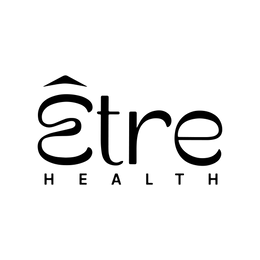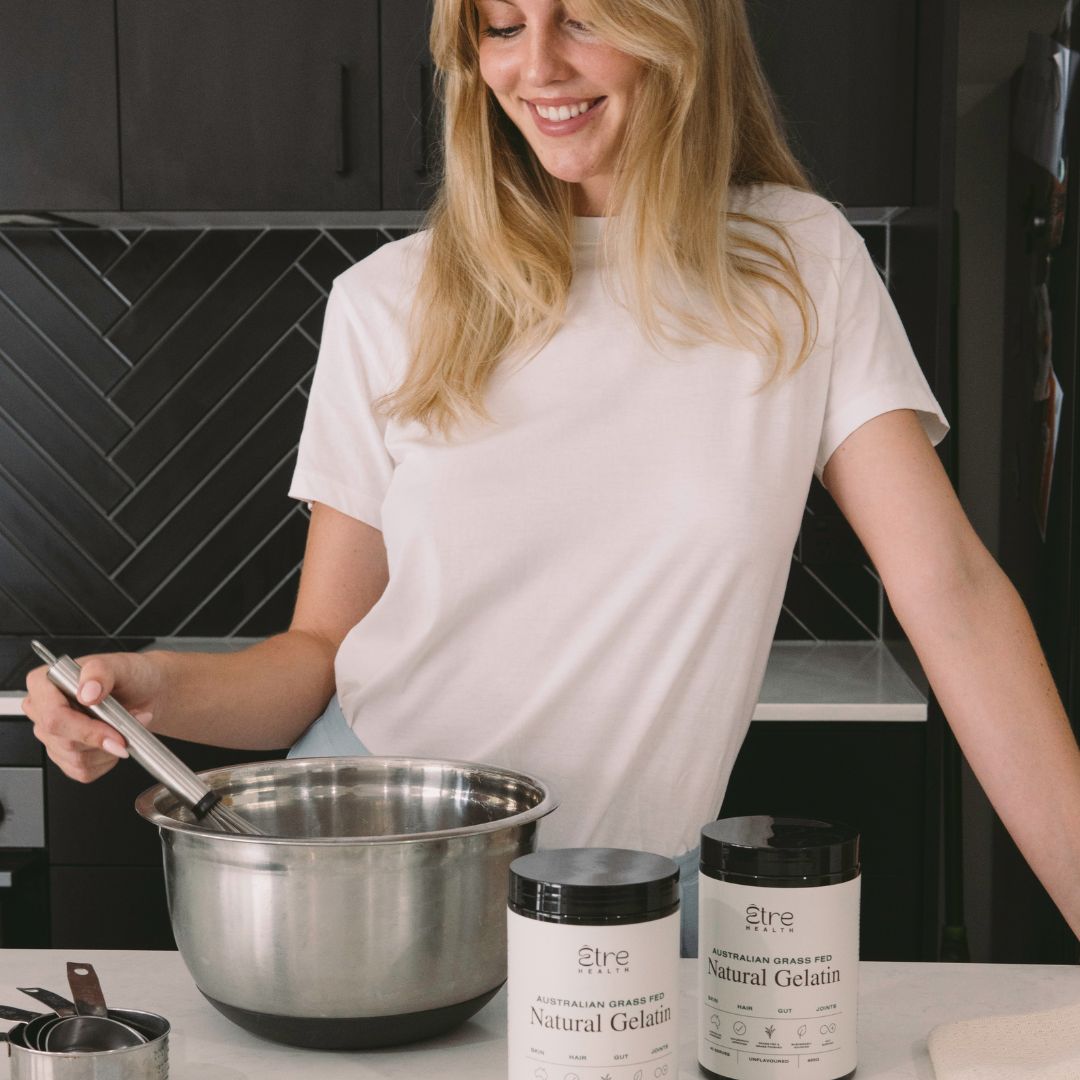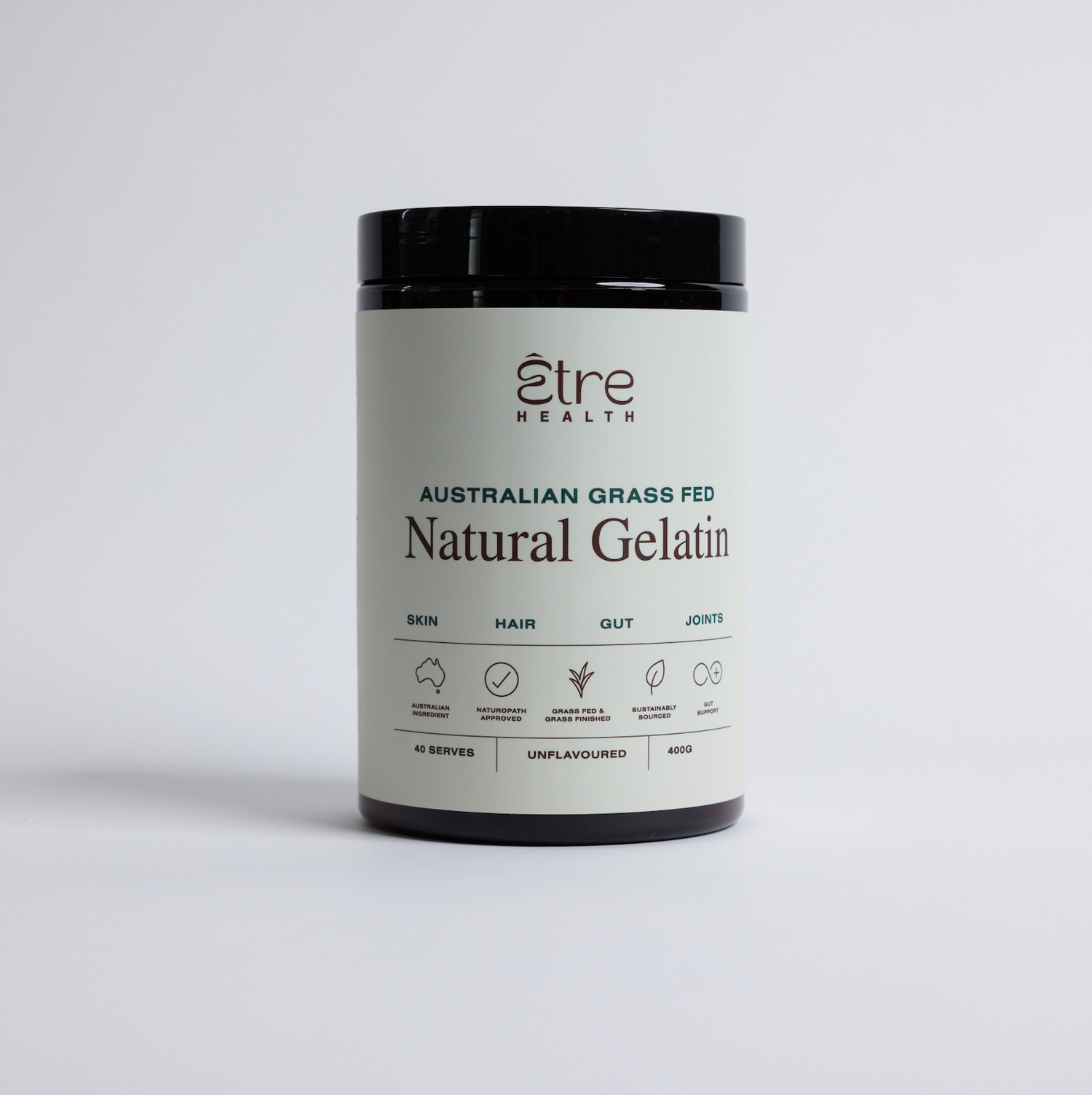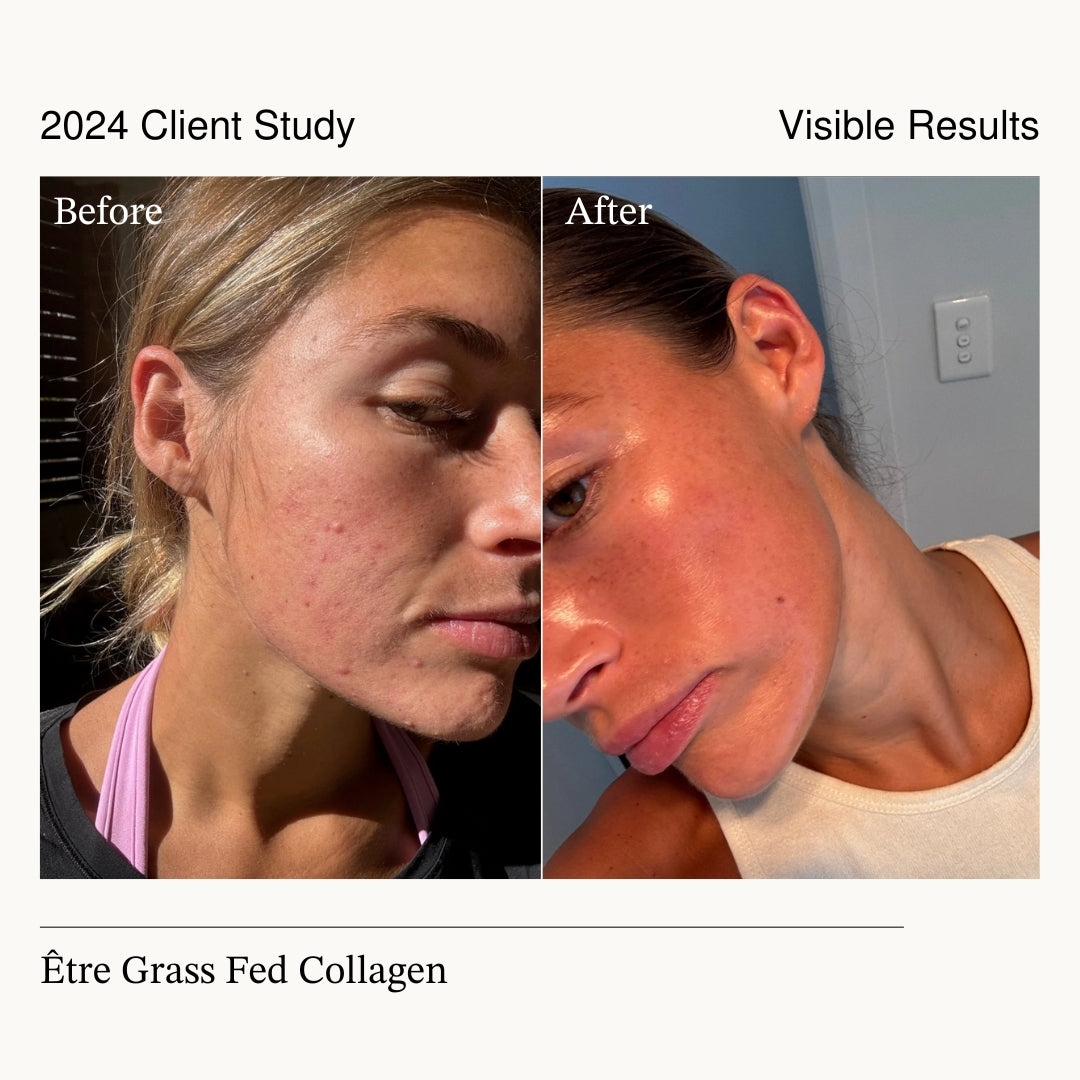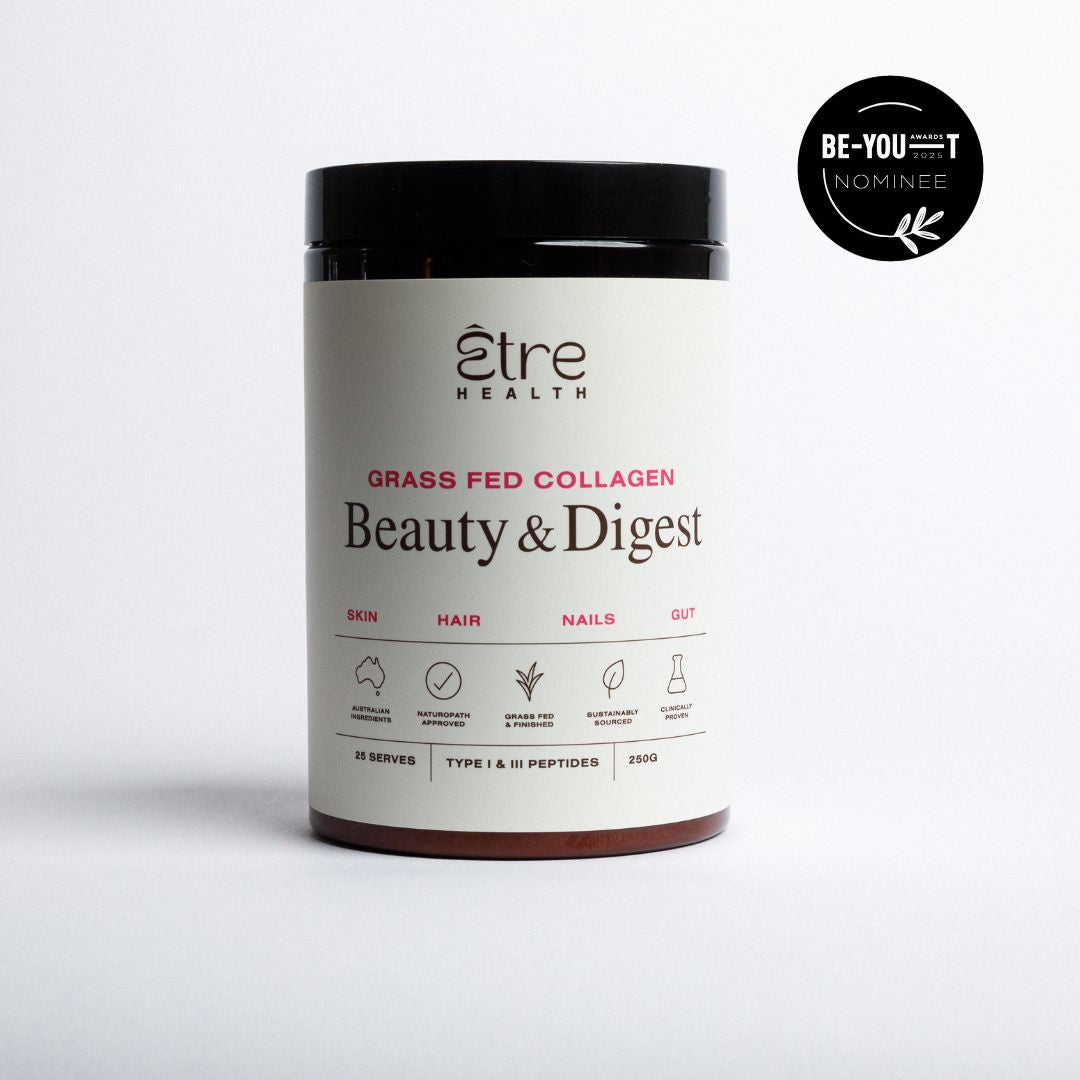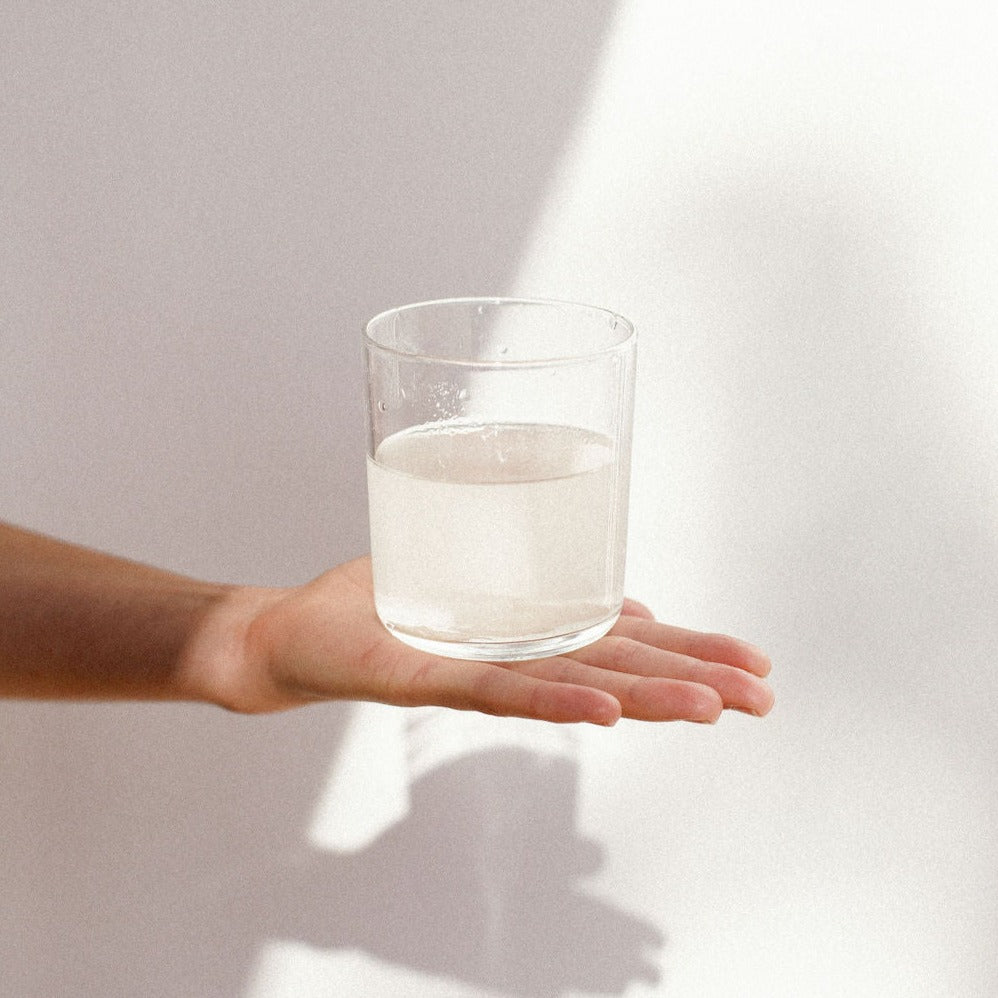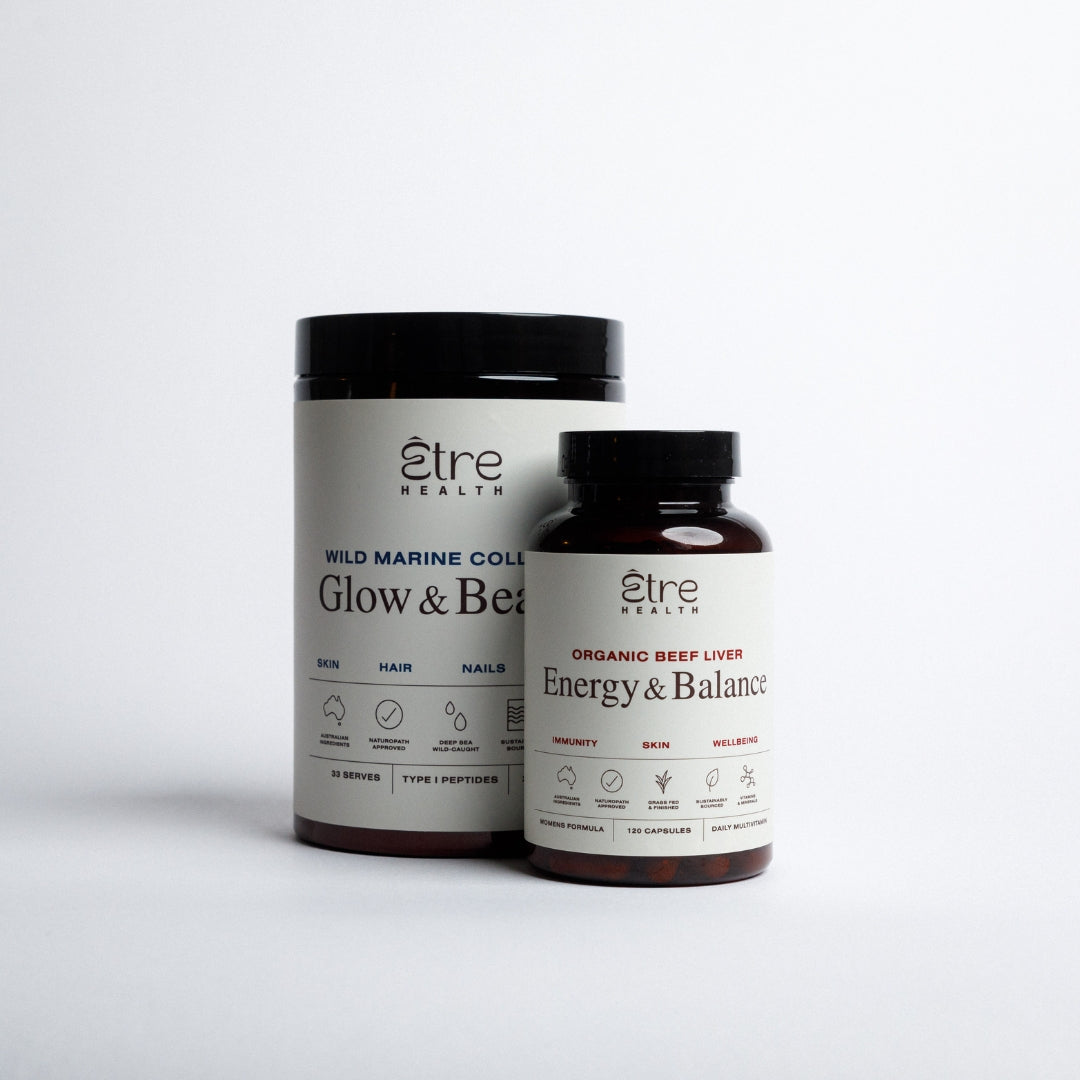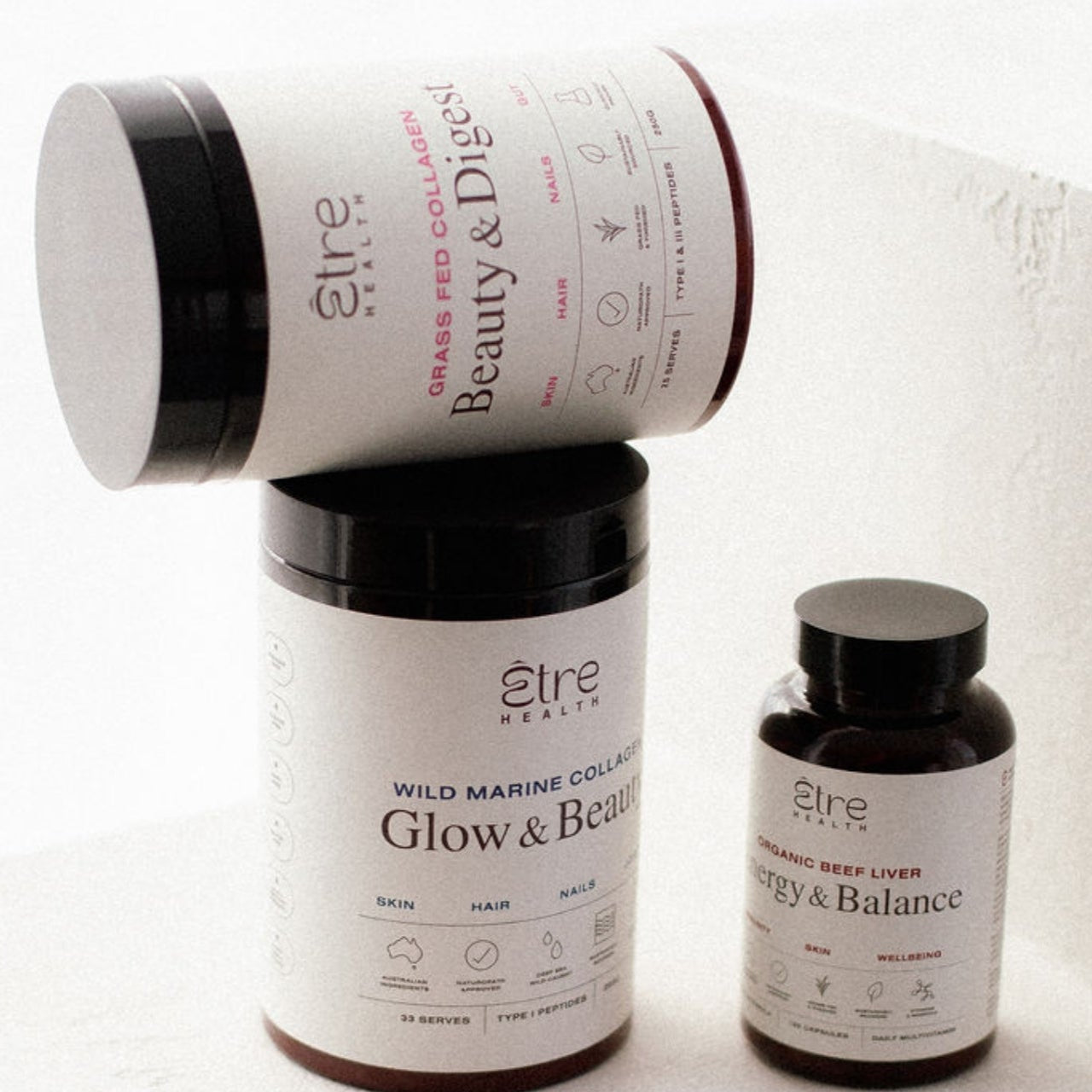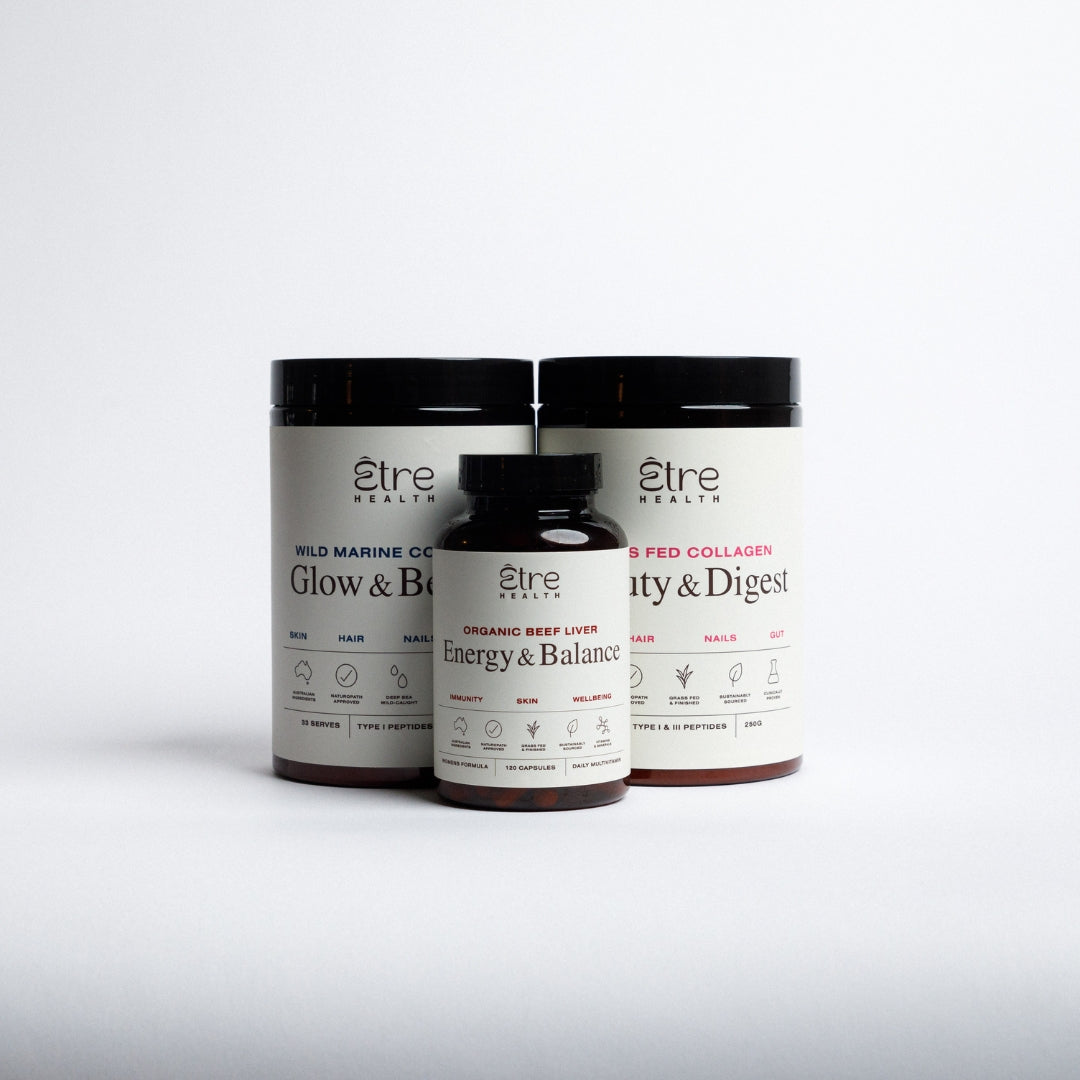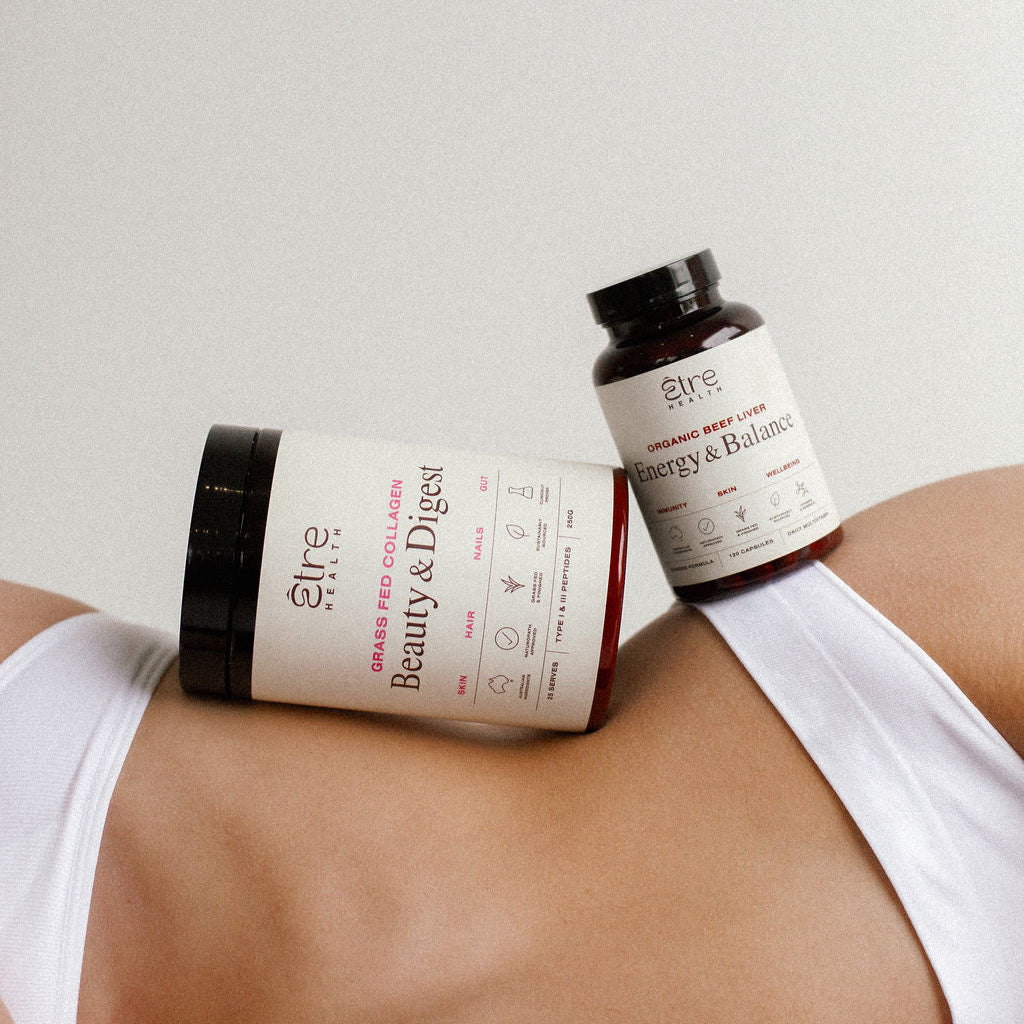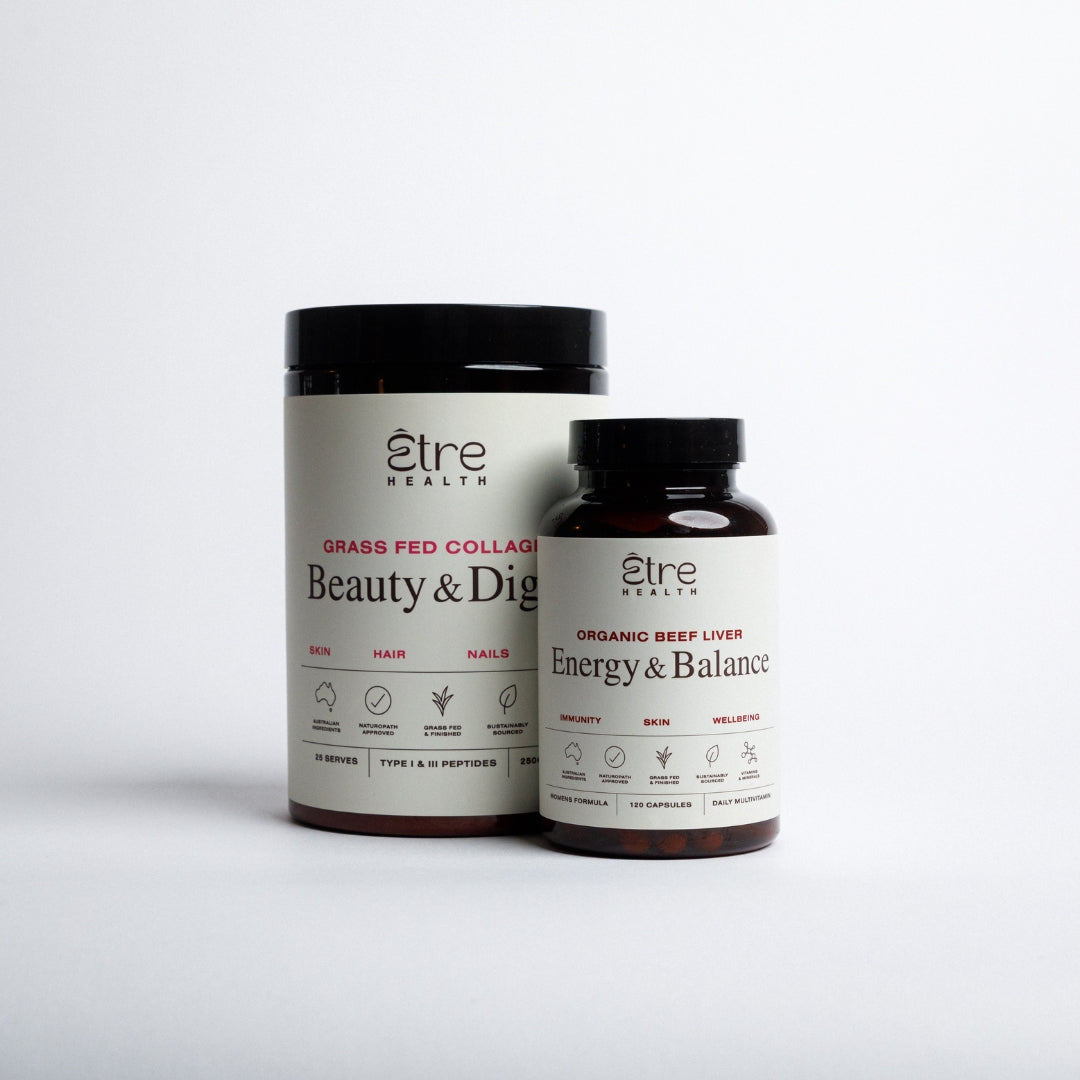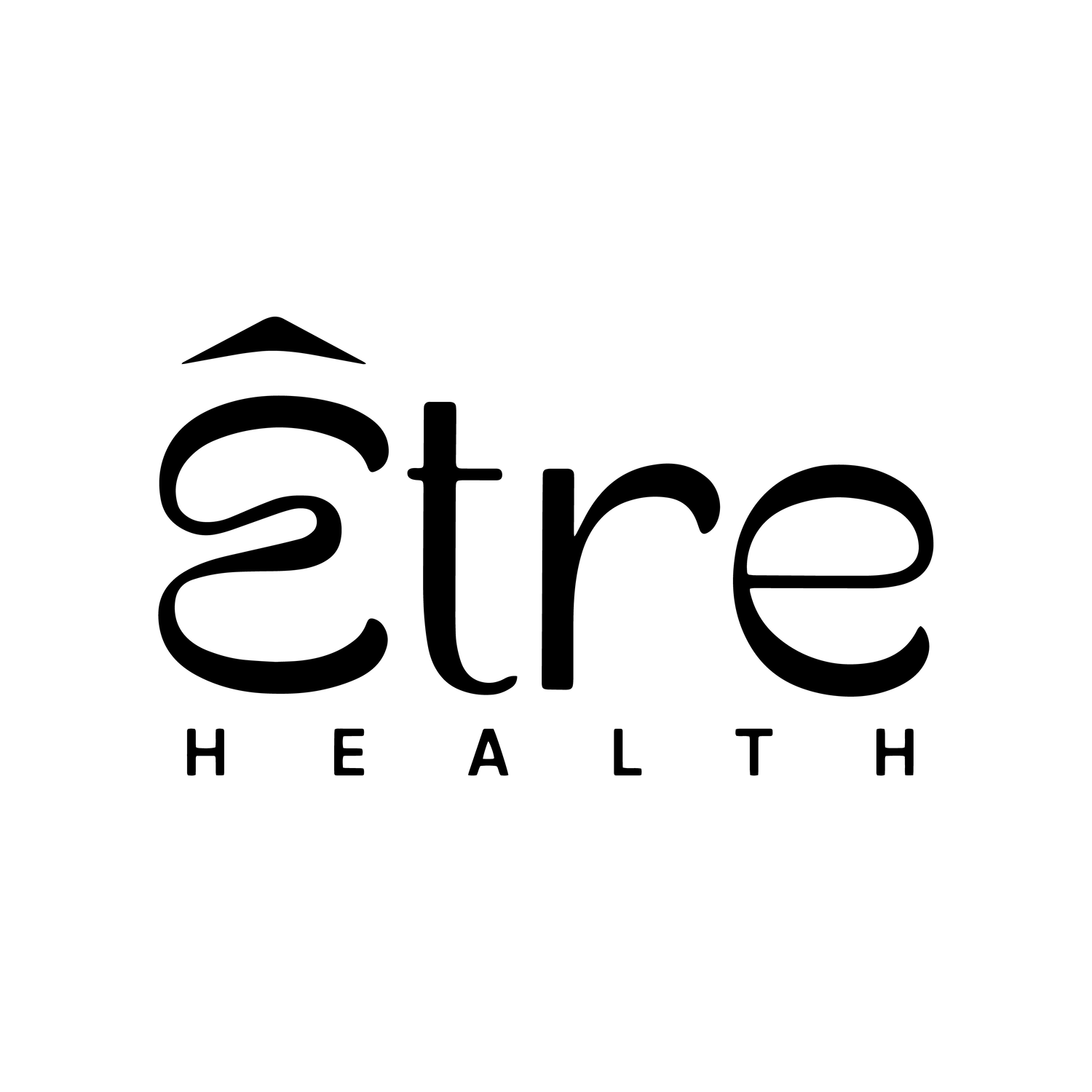We are proud to contribute to a healthier way of living, utilising nature's resources for a holistic approach to health and wellness.
With that in mind, we have tested our Wild Marine Collagen for heavy metals, to provide confidence and reassurance that our products are optimal for your wellbeing, and of the highest, premium quality.
With rapid population growth and industrialisation, the pathways through which heavy metals enter food supply are expanding, including vehicle emissions, coal mining, sewage contamination, and modern agricultural practices. Small amounts of heavy metals are naturally present in our bodies and can be managed through detoxification.
The quality and environment in which food is produced become crucial under these circumstances. It's important to consider the conditions in which livestock and marine animals are raised for products like collagen peptides.
Our supplier of marine collagen has concluded third party testing for heavy metals.
It is important to consume wild-caught marine collagen as this minimises the risk of heavy metals in the fish.
Upon testing, we found our collagen has less heavy metals then most common vegetables such as garlic or broccoli.
Our Results
We adhere to the safe levels of heavy metals as defined by the Food Standards Australia and New Zealand (FSANZ), Below, you'll find a comparison table showing the levels found in our Beauty & Glow Wild Marine Collagen.
Our collagen is only derived from the skin of wild caught fish, most heavy metals in fish are stored in the muscles and fat of fish. This significantly decreases any heavy metal elements.
You will see below in the documentation that we are at 0.0001% and 0.002% of heavy metals being detected.
|
pH (10 % aqueous solution) |
5.0 to 7.0 |
|
Viscosity (16.7 % aqueous solution 40 °C) |
2 to 4 mm2/s |
|
Transmittance (10 % aqueous solution) |
Not less than 90 % |
|
Loss on drying |
Not more than 7.5 % |
|
Residue on ignition |
Not more than 3.0 % |
|
Heavy metals |
Not more than 20 pm / 0.002% |
|
Arsenic |
Not more than 1 ppm / 0.0001% |
|
Coliform organisms |
Negative |
